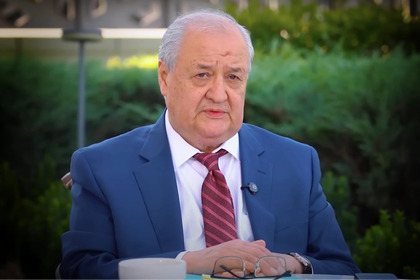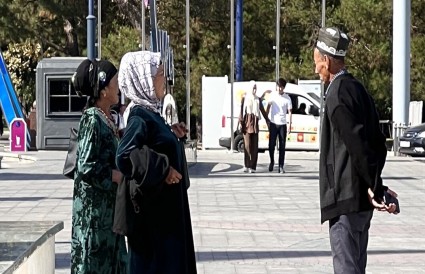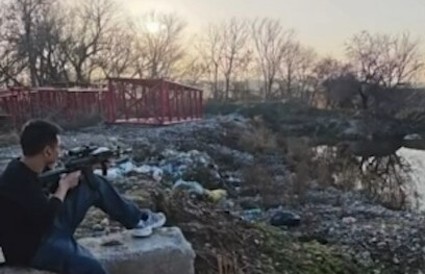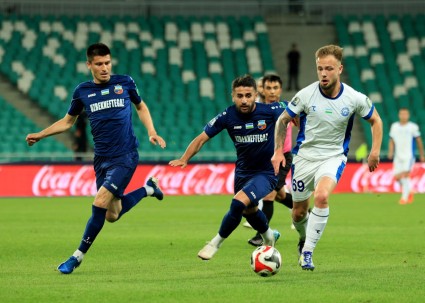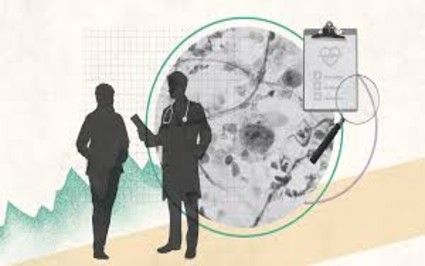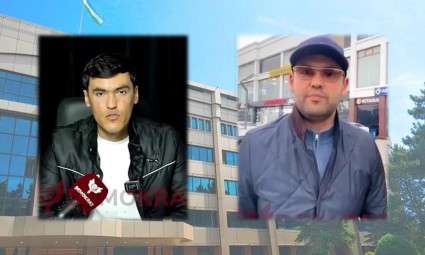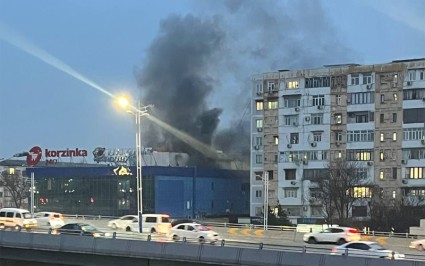The Deputy Secretary of the Security Council/President's Special Envoy for Foreign Policies Abdulaziz Kamilov in an interview with the Ishonch.uz website spoke about the expanding international cooperation in the “Central Asia +” format, including the ties with the European Union.
“For the first time ever, the countries of Central Asia are acting as a whole, demonstrating their new role, which is recognized by the international community. And new formats of interaction are building on this basis. Today, the number of “Central Asia +” platforms has surpassed ten. These are formats with leading states and international organizations,” Kamilov said.
According to him, the “Central Asia +European Union Summit which was recently held in Samarkand was an important step towards strengthening the strategic partnership. It resulted in the signing of a declaration on strategic cooperation.
“The policies of the Central Asian countries are very pragmatic in nature. If compared: we have 5 states, the EU has 28. The total GDP of the European Union is about 19 trillion dollars. Of course, we have a pragmatic interest. Whether there will be any comments or not, whether someone likes it or not - we will continue this cooperation in any case," he emphasized.
Kamilov also emphasized that the region was setting an example for other parts of the world:
"Many experts and renowned politicians are saying that Central Asia could become an example, a model for others. Neighboring states are able to live on the basis of the principles of good neighborliness and friendship. This idea, similar to subjectivity, is the most important factor strengthening the foundations of cooperation between the Central Asian countries," he said.
On April 4, 2025, Samarkand hosted the first Central Asia-European Union summit in with the participation of leaders from both sides. It was attended by President of the European Council António Costa, President of the European Commission Ursula von der Leyen and the presidents of all five Central Asian countries.
The parties announced the transition to a strategic partnership, identified priority areas of cooperation, and inked agreements on financial assistance. In particular, the European Commission promised to provide 12 billion euros in four key areas, including 10 billion euros for the development of the Trans-Caspian Transport Corridor.
Two weeks after the Summit, on April 24, the Russian Foreign Minister Sergey Lavrov arrived in Samarkand on an official visit. At the final press conference, he criticized the EU's policy in the region.
"The members of the European Union, the leadership of the European Commission in Brussels, are especially different, trying to promote their agenda in the region with an openly anti-Russian bias. We are not against our allies and strategic partners pursuing a multi-vector policy. We ourselves are always interested in seeking mutually beneficial agreements in all geopolitical and geographical areas. But some of Central Asia's partners, primarily Western ones, are trying not so much to offer mutually beneficial projects as to promote their own interests by allocating funds for programs aimed rather at penetrating the state structures of Central Asian countries, including such sensitive areas as border interaction, statistics, and customs affairs," he said.
He also emphasized that Moscow was opposed to "the politicization of cooperation processes, the introduction of ideological elements associated with attempts by one or another group of countries to establish dominance in this and other geopolitical spaces."

